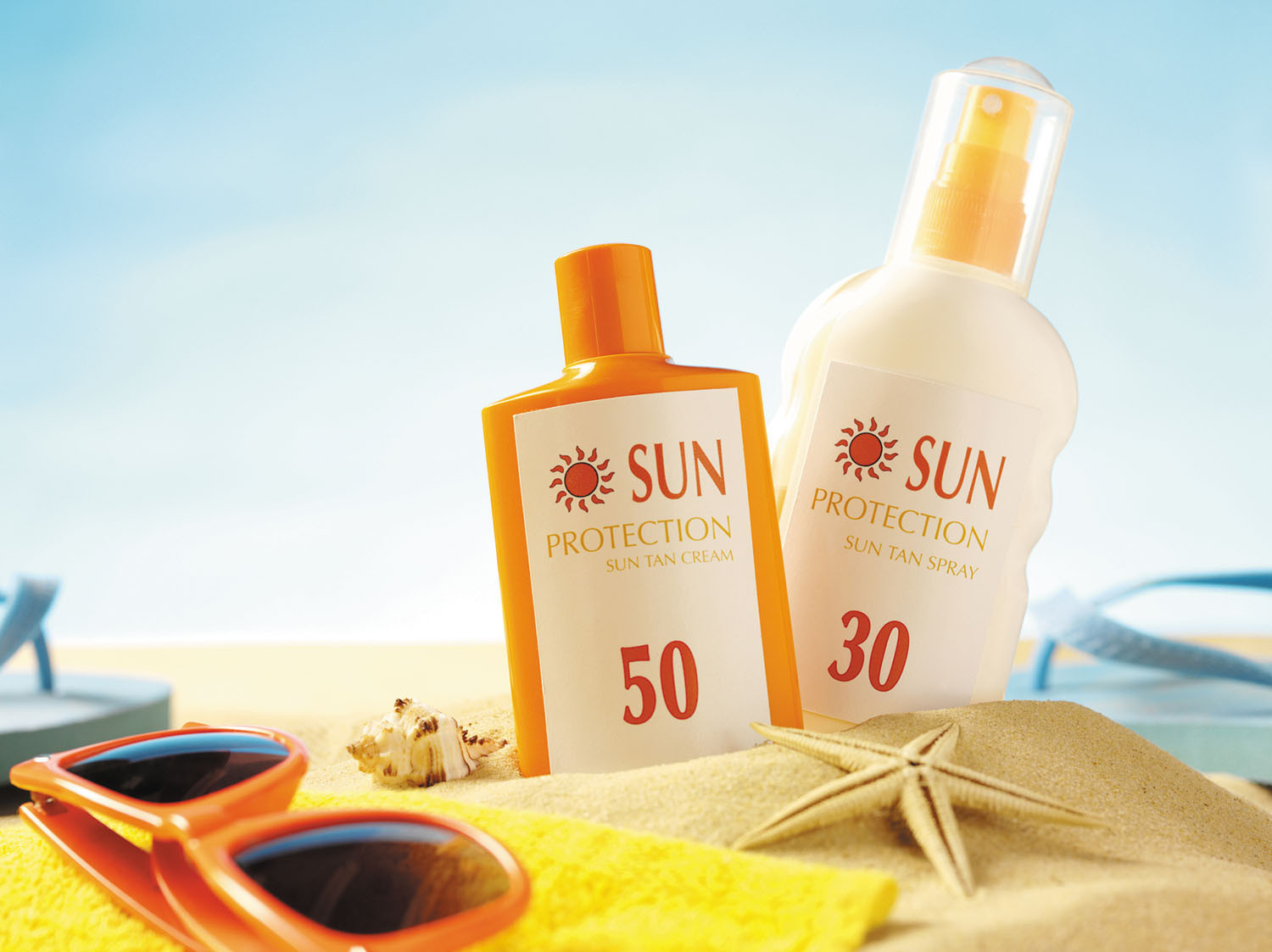
Respiratory health harms often follow flooding: Taking these steps can help

Tips to leverage neuroplasticity to maintain cognitive fitness as you age

Can white noise really help you sleep better?

Celiac disease: Exploring four myths

What is prostatitis and how is it treated?

What is Cushing syndrome?

Exercises to relieve joint pain

Think your child has ADHD? What your pediatrician can do

Foam roller: Could you benefit from this massage tool?

Stepping up activity if winter slowed you down
Skin Cancer Archive
Articles
Winning the skin game
As people age, earlier sun damage to the skin, especially on the face and neck, shows up as dry skin, wrinkles, and age spots. While much of this sun damage occurred in the past, people can take steps later to reverse some of it. Adopting a three-step daily skin care routine—washing, moisturizing, and applying sunscreen—is the best way to treat existing skin problems, maintain healthy skin, and protect against future harm.
Fighting the most common skin cancers
The most common non-melanoma skin cancers are basal cell carcinomas and squamous cell carcinomas. They aren’t usually life-threatening, but they can be quite dangerous. They can bleed, hurt, and eat away at skin. If left untreated, they can erode through important structures like the nose, eyes, bones, or muscles. If they become very large, they can spread, and in rare cases cause death. Treatment ranges from scraping out skin cancers with surgical tools to Mohs surgery, a procedure that spares as much healthy skin as possible.
New Harvard tool helps fact-check cancer claims
Scary or misleading claims about things that may cause cancer are so plentiful that it's hard to know which ones to take seriously. A new website developed by experts aims to provide reliable information about whether a particular cancer claim is true.
5 skin spots you shouldn't worry about
Most skin spots are harmless, but it's important to be able to distinguish them from skin cancers and precancers.
Sunscreen makers withdraw products found to contain cancer-causing substance
Inspect your nails for melanoma
Here comes the sun
With summer approaching, you need to be more attentive about sun protection.
Men have many skin challenges as they age. They develop wrinkles, lines, spots, and discoloration. Older men also are at greater risk for the two most common skin cancers: basal cell carcinoma and squamous cell carcinoma.
Without adequate sun protection, these conditions can become more frequent and severe.
Safety of LED nail lamps
Ask the doctors
Q. I was worried about drying my nails with a lamp or light box at the nail salon because of the potential risk of cancer from the ultraviolet radiation, but my salon recently switched to LED lamps. Are they safer?
A. The light boxes used to cure polish during gel manicures, and to dry traditional nail polish, have raised some concern because — like tanning beds — they emit ultraviolet A (UVA) radiation, which is associated with a higher cancer risk. A 2014 study in JAMA Dermatology found that the level of UVA exposure associated with a gel manicure every two weeks probably isn't high enough to increase the risk of skin cancer significantly, but you are wise to be aware of the issue.
Rhabdomyosarcoma
Sarcomas are a type of cancer that develops from the soft tissues (fleshy parts) of the body, as well as from bone and fatty tissue. This type of cancer is different from carcinomas. Carcinomas develop more frequently in the body's organs, especially those organs that contain glands. Examples of carcinomas include lung cancer, colon cancer, pancreatic cancer, breast cancer, prostate cancer.
Rhabdomyosarcoma is a cancer that forms in the skeletal muscles. Skeletal muscles attach to bones. They help the body move. Most rhabdomyosarcomas occur in children and teenagers.

Respiratory health harms often follow flooding: Taking these steps can help

Tips to leverage neuroplasticity to maintain cognitive fitness as you age

Can white noise really help you sleep better?

Celiac disease: Exploring four myths

What is prostatitis and how is it treated?

What is Cushing syndrome?

Exercises to relieve joint pain

Think your child has ADHD? What your pediatrician can do

Foam roller: Could you benefit from this massage tool?

Stepping up activity if winter slowed you down
Free Healthbeat Signup
Get the latest in health news delivered to your inbox!
Sign Up











